In the blink of an eye TikTok has become one of the most popular social media platforms on the market. The desire to create or be a part of the seemingly endless array of viral videos has led many to question what the Chinese-based company is doing, if anything, to prevent the perpetuation of dangerous content. And how it ever got so bad as to result in the multiple deaths of minors.
Just recently, Andrew Tate, the banned Big Brother contestant and former professional kickboxer, has contributed to an increase in vitriolic discourse on the platform, such as the glorification of rape, misogyny, and toxic masculinity. His words have been seen and shared millions of times over.
Additionally, an increase in dangerous trends and challenges have contributed to a rise in grand theft auto cases, hospitalizations, and deaths.
What is going on with TikTok? Why is all of this being allowed to happen? More importantly, what is being done to correct it? Here’s what you should know.
A new U.S. bill comes in the wake of some of TikTok’s most dangerous content
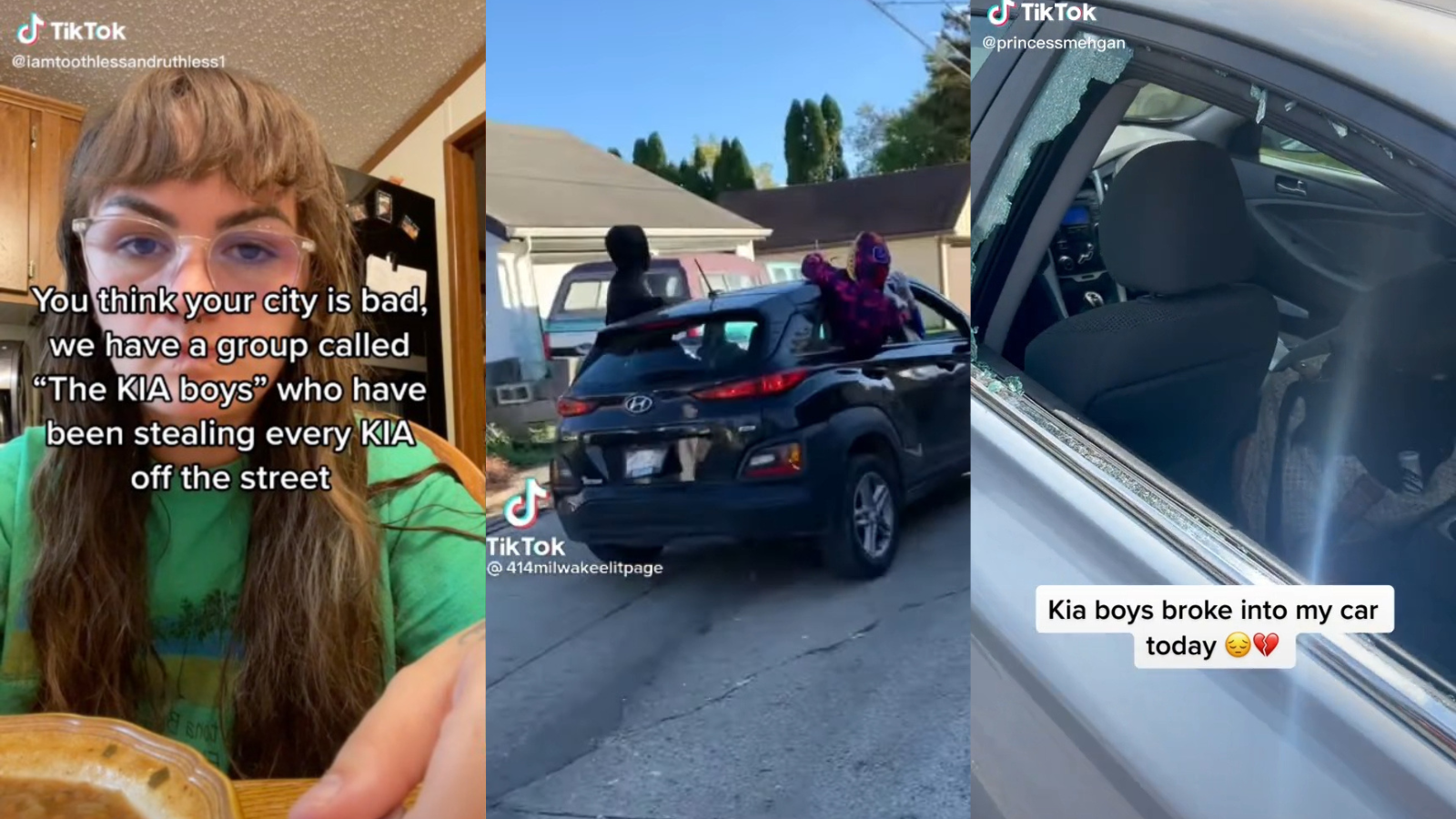
The U.S. has put forth a bipartisan bill that aims to make it difficult for dangerous online content to wind up in the hands of minors, and will hold social media companies accountable for allowing said content to live on its platform. But is it too late?
In the last few weeks alone, Andrew Tate has spouted vitriolic rhetoric all over TikTok. Content that has since been saved, shared, and seen by millions of people. Such vitriol includes claiming women bear responsibility for being raped, and that medically diagnosed depression is a fallacy. Those are just two of the worst things he’s said, and that doesn’t include any of the other nonsensical, dumb things that have come out of his mouth.
Tate’s reach has extended all the way to classrooms where teachers have claimed his harmful rhetoric have impacted their students. Is it any wonder he’s been banned from almost every platform?
Coinciding with Tate’s shocking rhetoric are the equally shocking trends that have spread like wildfire across the platform. Chief among them is the Kia Boyz trend, which has aided and abetted people in learning how to break into a car, hotwire it, and take it on a signature Kia Boyz-joyride.
And yet, none of that compares to the heartwrenching, infuriating, and preventable deaths of multiple children as young as 10 years old, who, like the rest of the world, were so eager to participate in a viral challenge – the blackout challenge – that they accidentally took their own lives in the process.
The blackout challenge has been around since the early 2000s, something TikTok was quick to point out. ‘This disturbing ‘challenge, which people seem to learn about from sources other than TikTok long predates our platform, and has never been a TikTok trend,” the company’s law firm said in response to its legal battle against the families of the victims, according to The Daily Mail.
Nonetheless, there’s no denying how the “challenge” has been perpetuated on TikTok, landing in the hands of far more people than it ever could have without. The horrific challenge asks its participants to asphyxiate themselves, or others, to the point of passing out — on camera no less. The goal is to stop just before permanent damage is done, so that when you wake up it feels like you just spontaneously fell into a dream. Except, not everyone wakes up.
Nylah Anderson, 10, and Joshua Haileyesus, 12, are just two of the recent blackout challenge victims. Both were found unconscious by their parents with a purse strap and a shoelace string wrapped around their respective necks, according to The Daily Mail. Forensic analysts found that the TikTok app had been in use at the time of the accidents.
That’s where the new U.S. bipartisan bill comes into play; a safeguard against the free reign social media companies have had up to this point.
The U.S. bill will hold social media companies accountable for the content they allow to exist on its platform
The Combating Harmful Actions with Transparency on Social (CHATS) Act intends to be the change the public has been asking for. Under the bipartisan bill — which was introduced by Democratic Representative and attorney Josh Gottheimer — steps will be taken to “hold social media companies accountable, combat dangers to our kids, and boost transparency into which apps, whether it’s @Snapchat, @instagram, or @tiktok_us, are being used for which crimes.”
Such crimes include allowing “drugs to be ordered on demand — like Amazon Prime or a pizza delivery. Kids don’t even have to leave their neighborhoods, let alone their houses.” And the transparency Gottheimer refers to is the access China and TikTok have “to our kids’ and Americans’ private data.”
“It really is the Wild West, and our children are the natives of the social media landscape,” Dr. Laura Berman told Fox News following the loss of her son Sammy Chapman, 16, who unknowingly purchased a fentanyl-laced prescription pill on Snapchat.
If passed, the CHATS Act will not only hold a magnifying glass to TikTok and other social media companies, but also force the FBI to crack down on how it reports crime tied to social media platforms. The bill is currently trudging through all its phases of certification. If signed into law, what lies on the horizon could be a very different, and hopefully safer, social media landscape from the one we know today.



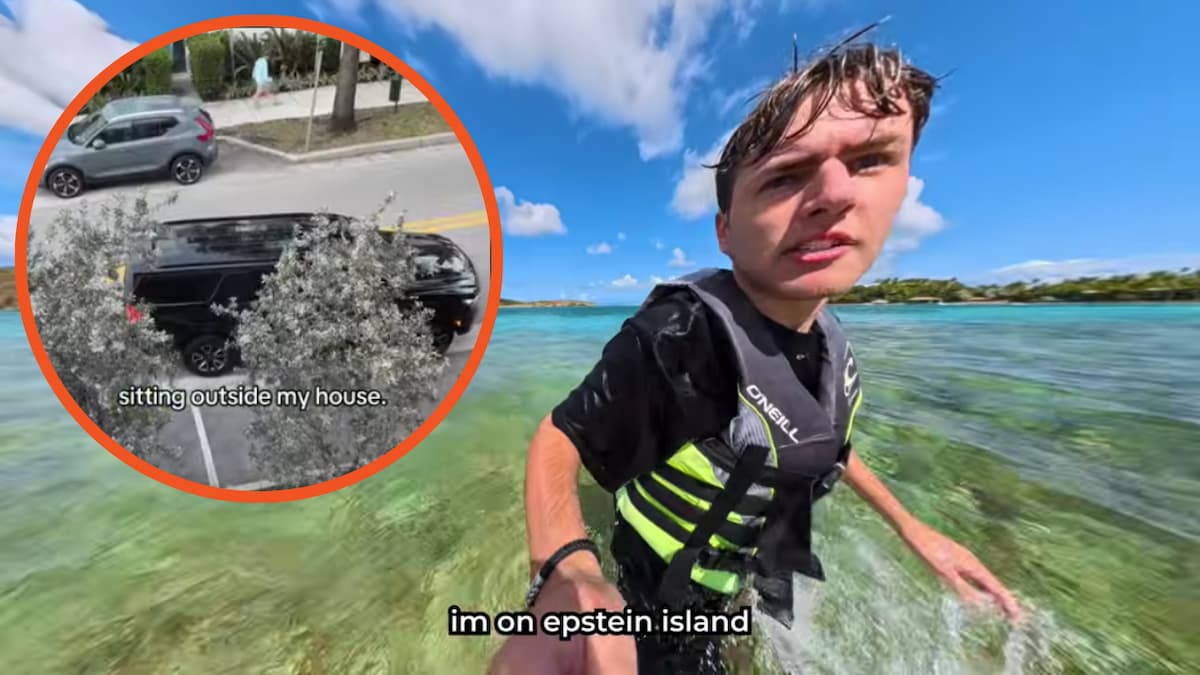
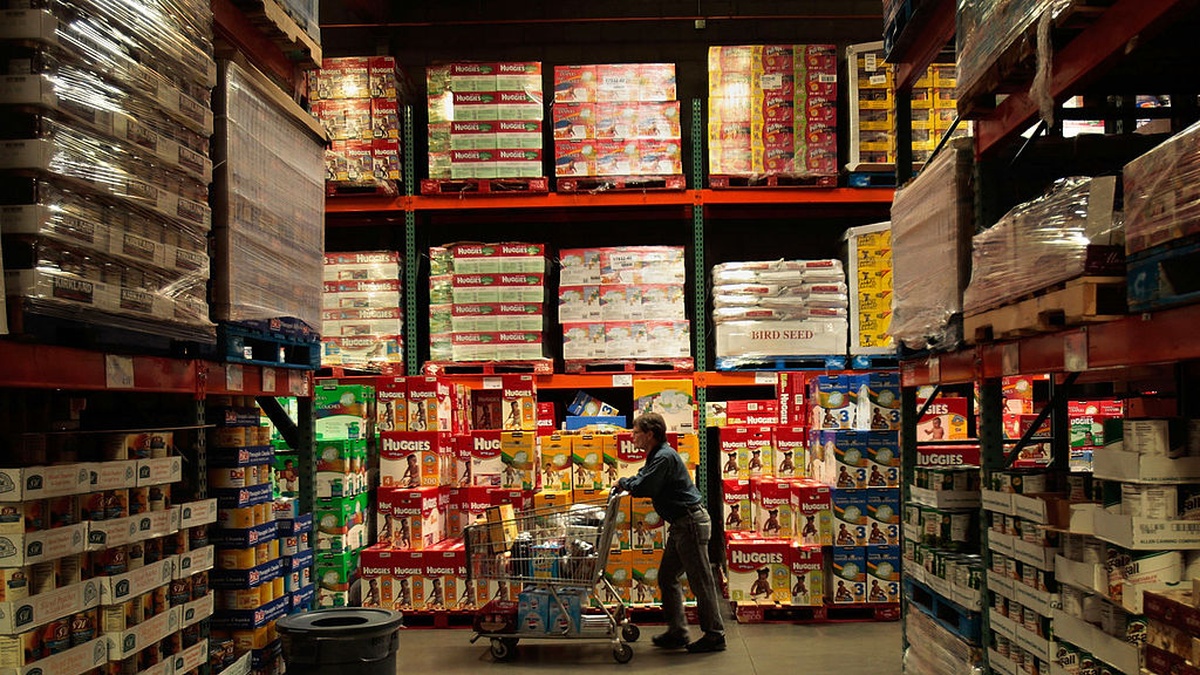
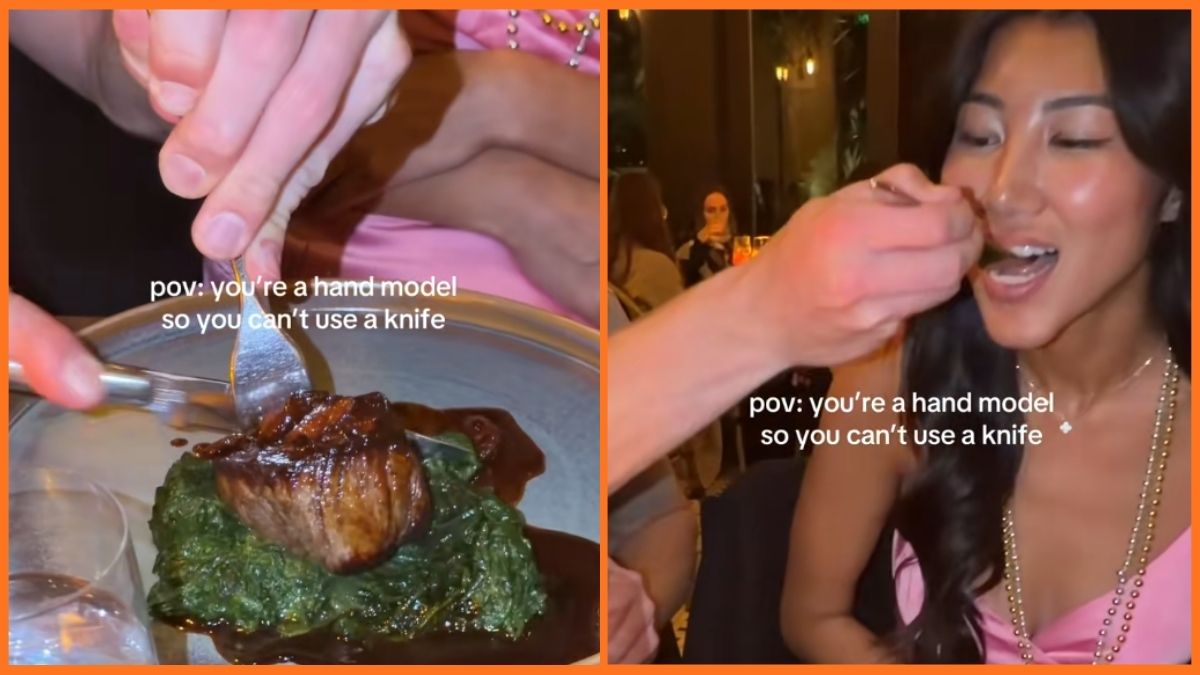
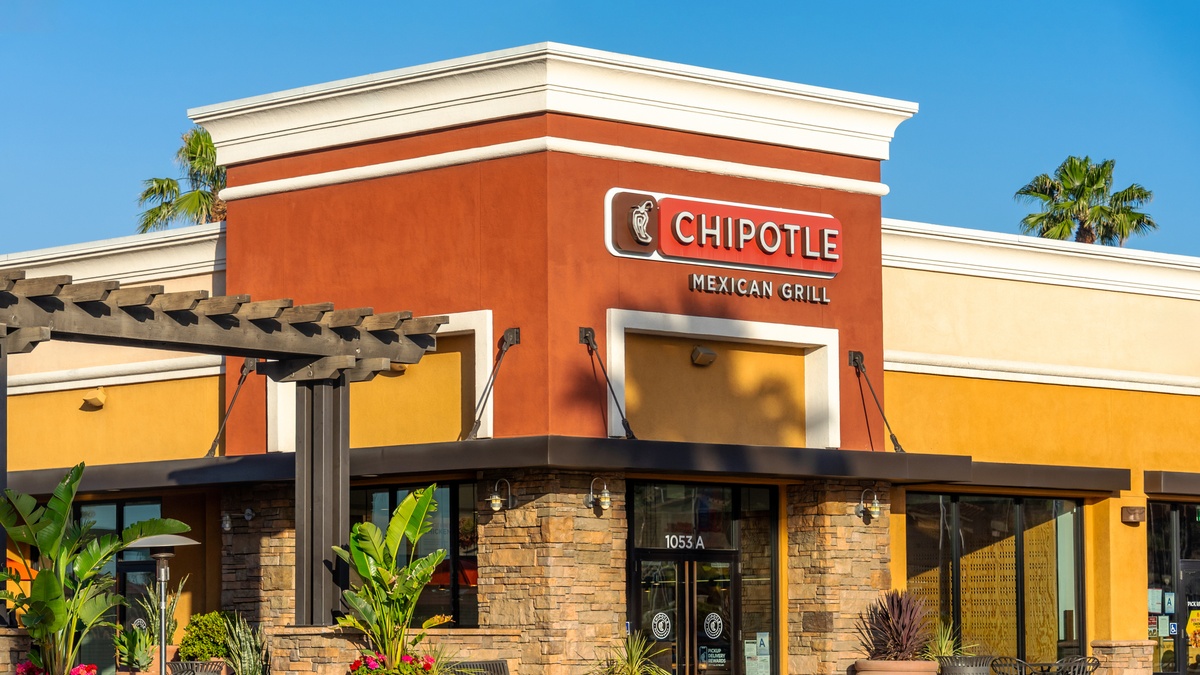
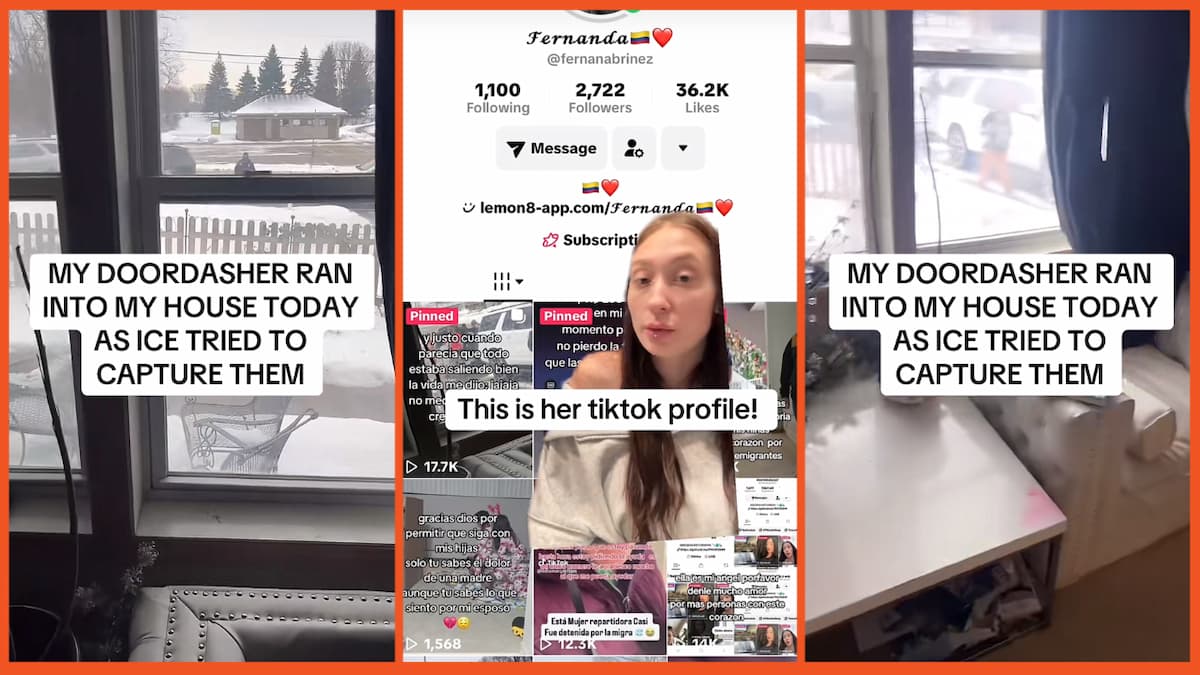
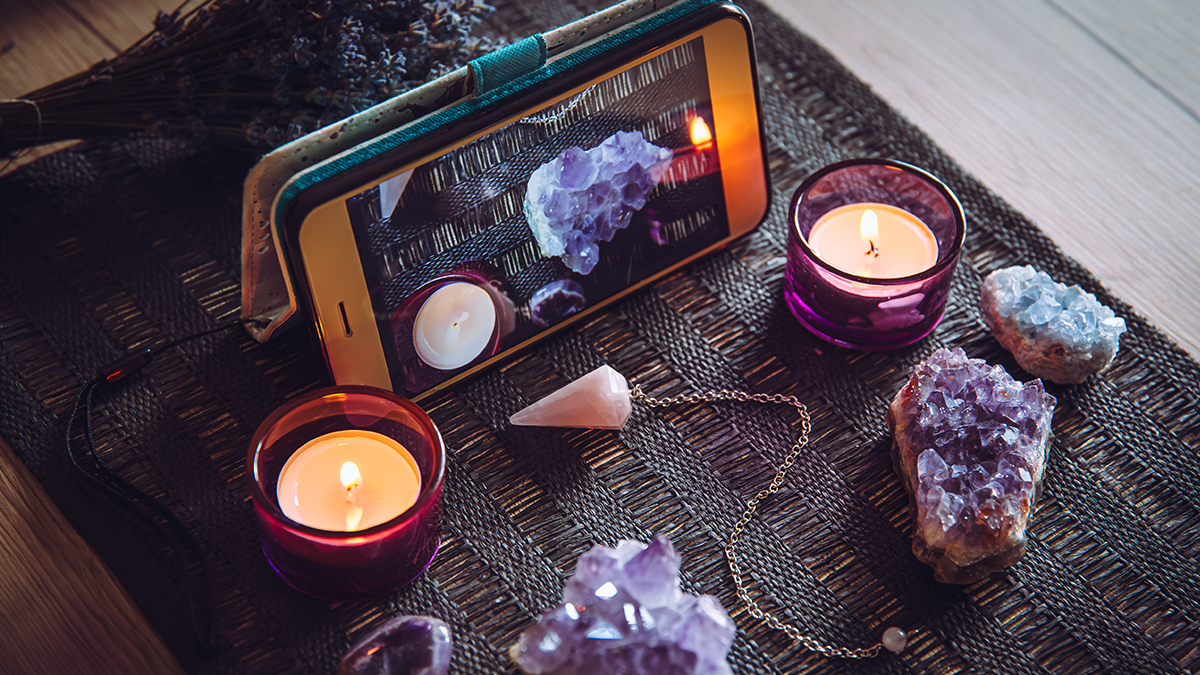
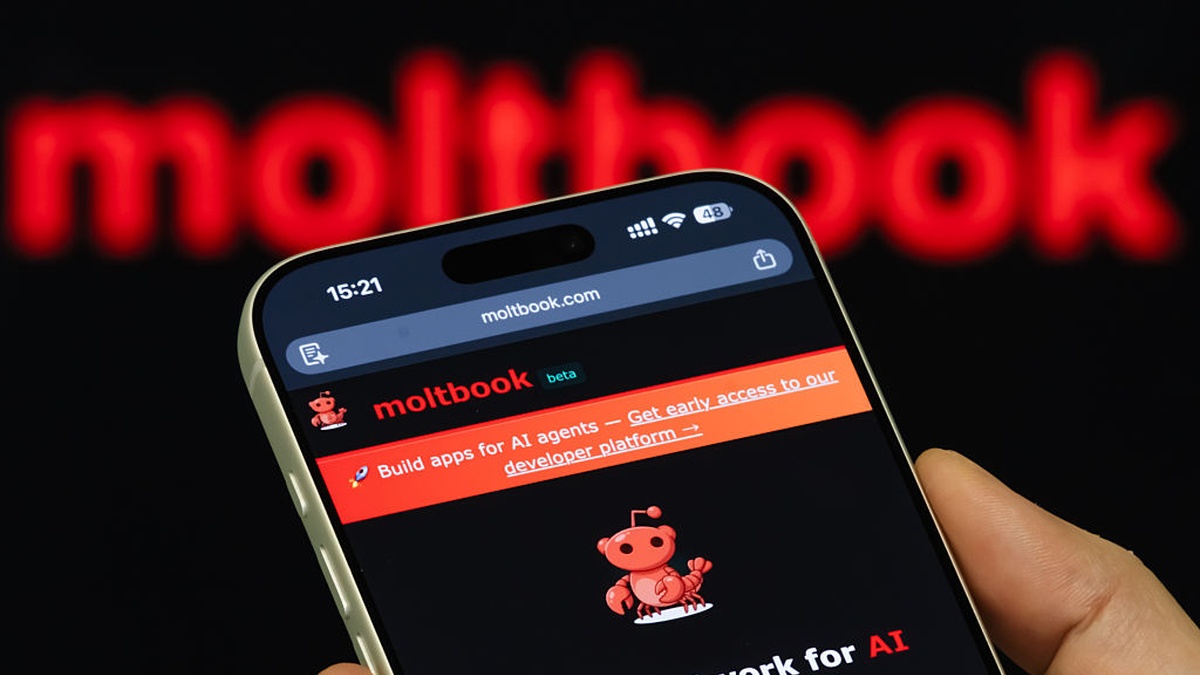

Published: Aug 29, 2022 04:51 pm